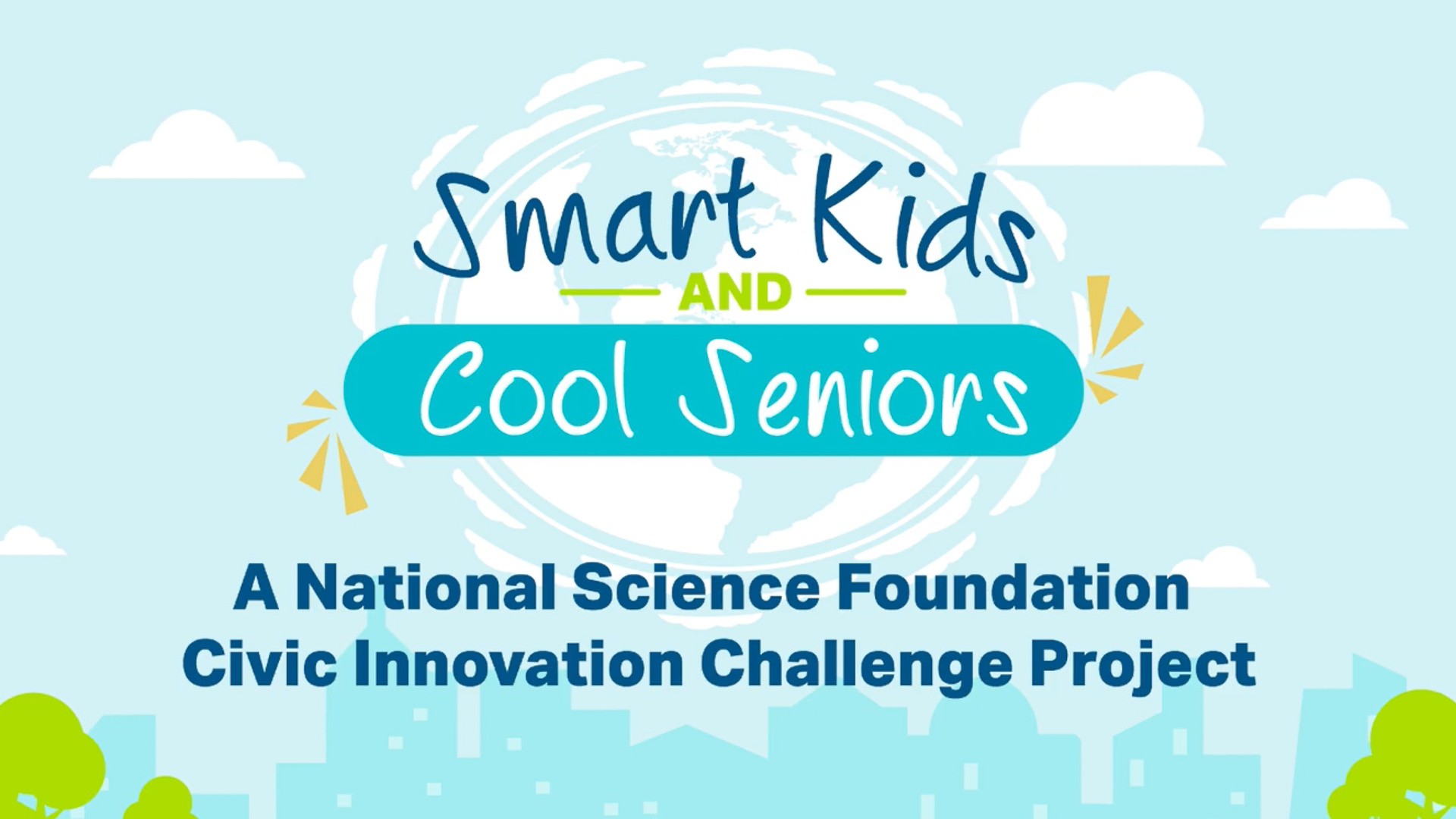This project, funded by the National Science Foundation and in partnership with the community of Elizabeth, NJ, seeks to empower communities to make better choices about the multi-dimensional challenge of protecting vulnerable elderly people during life-threatening summer heatwaves, while taking into account poor outdoor and indoor air quality (IAQ/OAQ). It also seeks to support community efforts for kids by providing STEM education opportunities in which young people measure temperature, humidity, and air quality in locations that affect seniors, as a safe and well-guided after-school and summer program.
Goals for the full project include:
- Increasing collaboration between community stakeholders in Elizabeth, NJ, and researchers at Rutgers University.
- Comprehensive assessment and documentation how a vulnerable population of seniors living in public housing currently attempts to cope with heat stress, poor OAQ and IAQ, and poor ventilation, and how community leaders and other residents assist them.
- Deploying an inexpensive sensor network to measure outdoor and indoor environmental conditions, including air quality, at a grid of fixed points, augmented with mobile sensors—personal exposure monitors—carried by youth accompanying seniors on their normal trips around the city.
- Creating a modeling platform that interpolates local environmental conditions based on the sensor data, compares outdoor and indoor conditions, and pushes actionable information and recommendations to residents by means of cellphone apps, a local-access TV channel, and video displays being installed off-budget in stairwells.
- Conducting a successful community engagement process that brings youth and seniors together around the common goals of reducing seniors’ cumulative environmental vulnerabilities and increasing children’s’ exposure to STEM knowledge.
